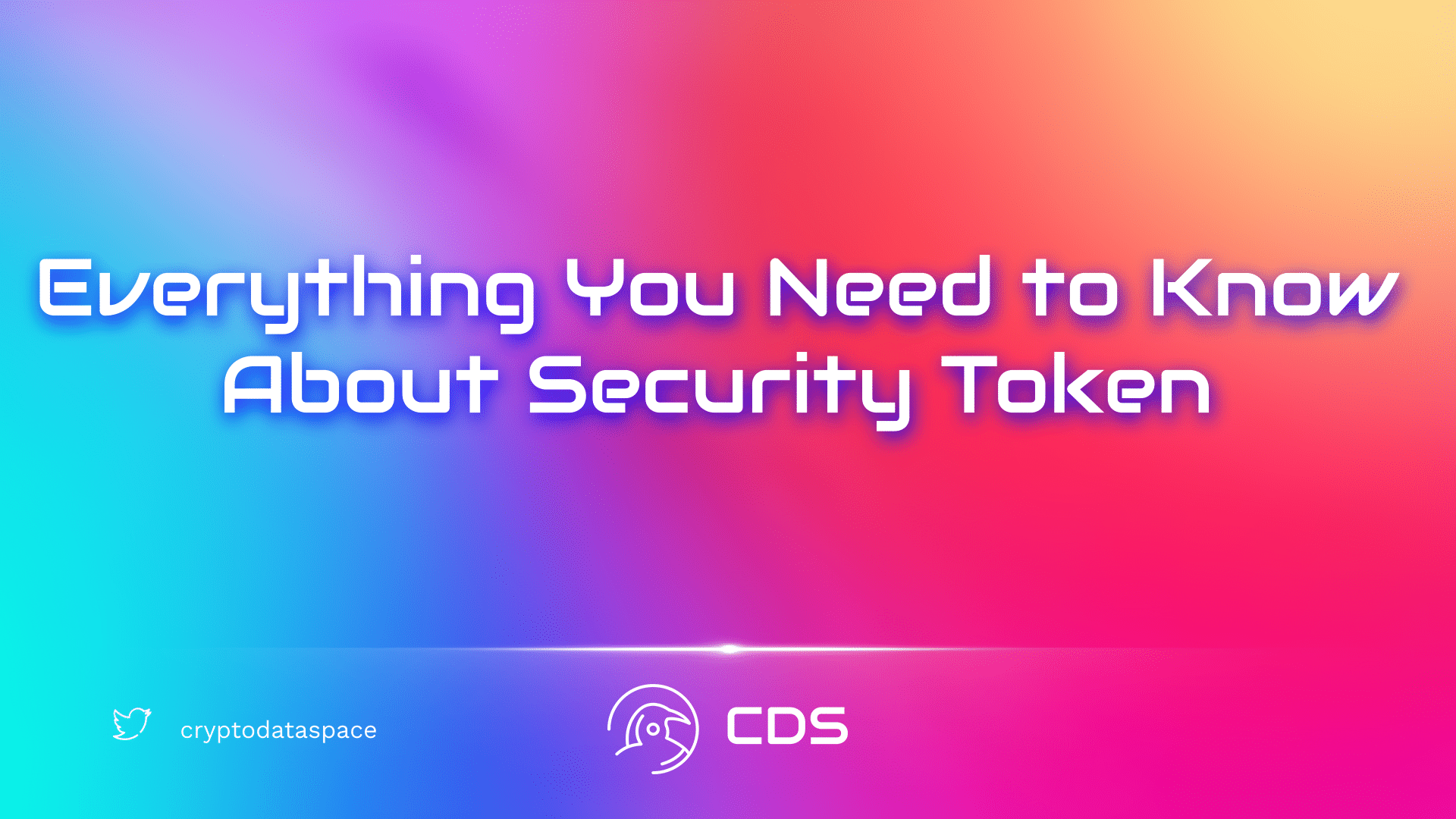Security tokens, one of the most promising applications of blockchain technology, are programmable crypto assets that benefit from the regulatory protections associated with traditional securities.
Everything You Need to Know About Security Token
In order to understand security tokens (ST), it is useful to first define what securities are. Security is defined in traditional finance as a tradable financial instrument that has some form of monetary value.
Securities are usually created by a company or government to raise capital, and investors buy these products to make a profit. Security Token is the creation of assets (such as stocks, commodities, and real estate) on the blockchain in the traditional financial system.
Institutions can issue their assets using this technology. Just like in traditional finance, Security tokens are intended to be invested. These tokens are directly proportional to the value of the companies they are linked to and are backed by real assets.

Property Right Verification
The purpose of creating security tokens is to verify and ensure property rights. This technology serves as a means of transferring value for a specific asset accumulation. As a product of blockchain technology, these tokens are subject to the regulatory laws associated with traditional securities while being filled with the standard benefits inherent to other crypto assets.
How does it Work?
As we mentioned at the top of our article, Security tokens are the digital version of securities assets, and these tokens work on existing blockchains. In other words, these tokens do not have their own blockchain.
Advantages
With the security tokens that blockchain technology has brought to our lives, there are several advantages of representing assets such as stocks as tokens on the blockchain. These are as follows:
- The main advantage of security tokens is that they are trustworthy, transparent, and programmable. This makes them more easily transferable, tradable, and traceable than the asset they represent.
- Secondly, with this technology, assets will be available to a wider range of investors, as well as be tradable on blockchain networks 24/7.
- Security tokens enable trading without intermediaries. This feature allows investors to avoid intermediary institutions and organizations as in traditional markets.
- A fourth advantage is that with Security tokens, complicated processes can be eliminated. As users who trade in traditional markets know, some processes are too complicated. But these tokens can automate the complex process.
- Finally, security tokens increase transparency and traceability. Since they reside in the blockchain, users can effortlessly track their transaction history cryptographically. Each transaction is automatically recorded transparently in an immutable ledger, effectively recording the history of each token.
Howey Test

The Howey test is the primary tool used by the SEC to determine whether an asset is a security. In short, the Howey Test states that a transaction constitutes an investment contract (or security) if “a person invests his money in a common enterprise and is led to expect profits solely from the efforts of the promoter or a third party.”
According to the Howey test, a transaction must meet the following criteria to be considered safe:
- The money is an investment.
- The investment is a joint venture.
- There is an expectation of profit from the work of the promoters or third parties.
A token that passes the Howey test is considered a safe token.
What is the Difference Between Security Tokens and Tokenized Security?
It is easy to confuse these two concepts. The main difference between the two concepts is that security tokens are securities traded on a distributed ledger, while tokenized securities are tokenized representations of existing financial assets. Although they look similar, they are issued in different ways.
VISIT OUR OTHER BLOGS: ALL NEWS















Leave a comment